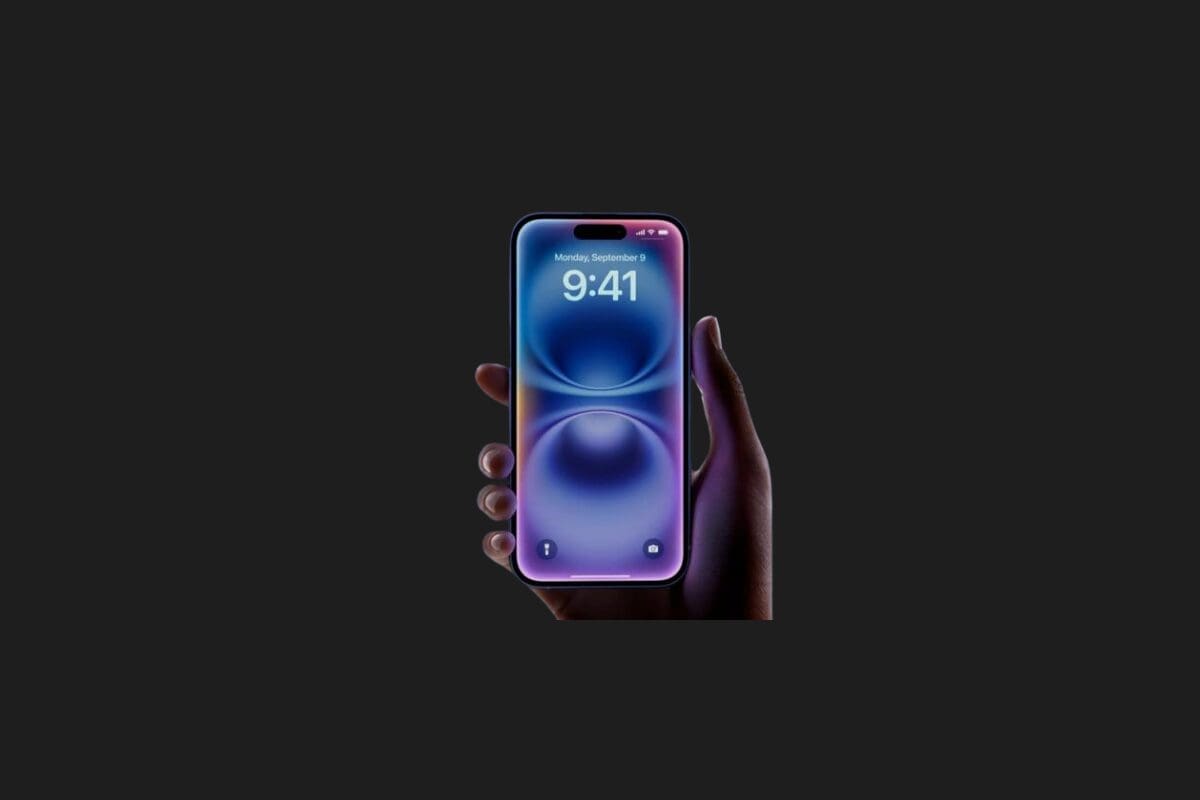Former executives from Android have joined forces to establish a new company focused on creating a specialized operating system for artificial intelligence assistants.
AI assistants, also referred to as artificial intelligence agents, are widely regarded as the next major leap in the field of artificial intelligence. Companies like Google, Microsoft, and OpenAI are heavily investing in these tools, which can automatically perform tasks and make decisions with minimal human involvement. Amid this growing momentum, former Android leaders have introduced a groundbreaking initiative: a company called “dev/agents”, which is working to build an operating system for AI agents.
“Artificial Intelligence Needs an ‘Android Moment'”
Among the founders of dev/agents is Hugo Barra, who previously led product management in the Android division at Google. David Singleton, another former Android leader who served as vice president of engineering, is the CEO of dev/agents.
The executives emphasize that while AI assistants hold immense promise, building these tools as a developer remains a significant challenge. They liken the current state of the AI industry to the early days of smartphones, stating that artificial intelligence needs an “Android moment” to unlock its full potential. With this vision in mind, they embarked on this venture.
A Cloud-Based OS for AI Assistants
Dev/agents is developing a cloud-based next-generation operating system designed specifically for artificial intelligence assistants. The system aims to enable AI assistants to seamlessly collaborate with users across multiple devices.
According to Singleton, the new operating system will incorporate innovative interfaces, advanced privacy models, and a comprehensive developer platform to address current gaps in the industry. He emphasized that these new tools are essential to supporting the development and deployment of powerful AI assistants.
What’s Next for dev/agents?
Details about the operating system remain limited, and its release timeline is currently unknown. The question now is whether this new initiative will truly provide the AI industry with its much-needed “Android moment”.
As the company progresses, the world will watch closely to see how it shapes the future of artificial intelligence assistants.
